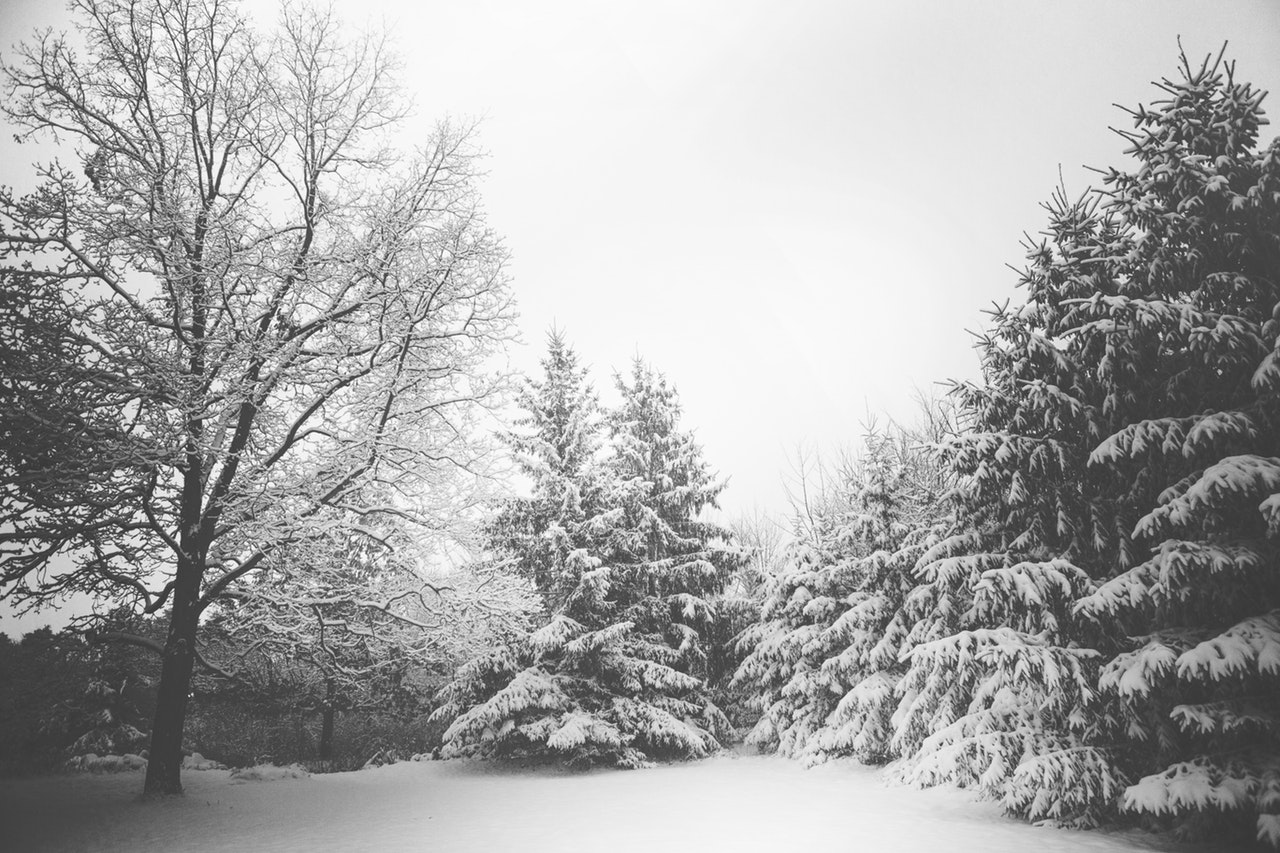Winter Working: Staying Safe Outdoors
/Winter will be upon us before you know it, and when you have a job that involves working outdoors like farming, this means battling some difficult weather conditions. Staying safe involves taking a few extra precautions and following some common sense advice which we will look at in more detail in this article. After all, it is always better to be overprepared rather than underprepared.
Mitigate the Risks
Before you can battle against the risks of working outdoors, you need to know what they are in the first place. Of course, these vary greatly from job to job and from industry to industry, but we will look in general terms here. Some of the things that you can do yourself include: making use of drying rooms for wet clothing, using warm water to wash your hands, taking regular breaks to regain warmth and hydrate your body, and checking to see if any of the tasks you are completing can be done indoors. If your skin starts to become numb, you should immediately take a break and attempt to increase your body temperature. You should also look out for others who you are working with for any signs of shivering, drowsiness or extreme fatigue.
Wear the Appropriate Clothing
Wearing high-quality warm clothing is essential for tackling colder conditions. Start at your feet and work your way up - take a look at https://www.glerups.com/ as a good starting point. Make sure that you wear plenty of layers as these help to trap insulating air and maintain warmth. For your base layer, choose something thermal. Go for wind and water resistant clothing where possible on the outer layers. It is also a good idea to have a dry change of clothes in case you need them. Wearing headgear is one of the best ways of staying warm, but you need to ensure it is not affecting any other safety equipment or clothing that you have to wear. And gloves are an essential when you are outdoors for long stretches.
Be Especially Careful When Operating Machinery
First of all, any machinery that you are operating needs to be fit for purpose and able to handle the cold conditions. If you need to step inside the equipment, ensure that windows are kept clean for maximum visibility and keep a cloth on hand in case they start steaming up. Ensure that your hands are warm enough and you have enough mobility in your joints to properly operate equipment. If the visibility is reduced, make sure that the lighting is adequate so you can see exactly what is going on.
Provisions for Lone Workers
Lone workers are especially at risk during winter months, so there need to be special measures put in place to protect them. There needs to be a robust communication policy in place, as well as the ability to call for help and be located in case an accident occurs at any point.

























